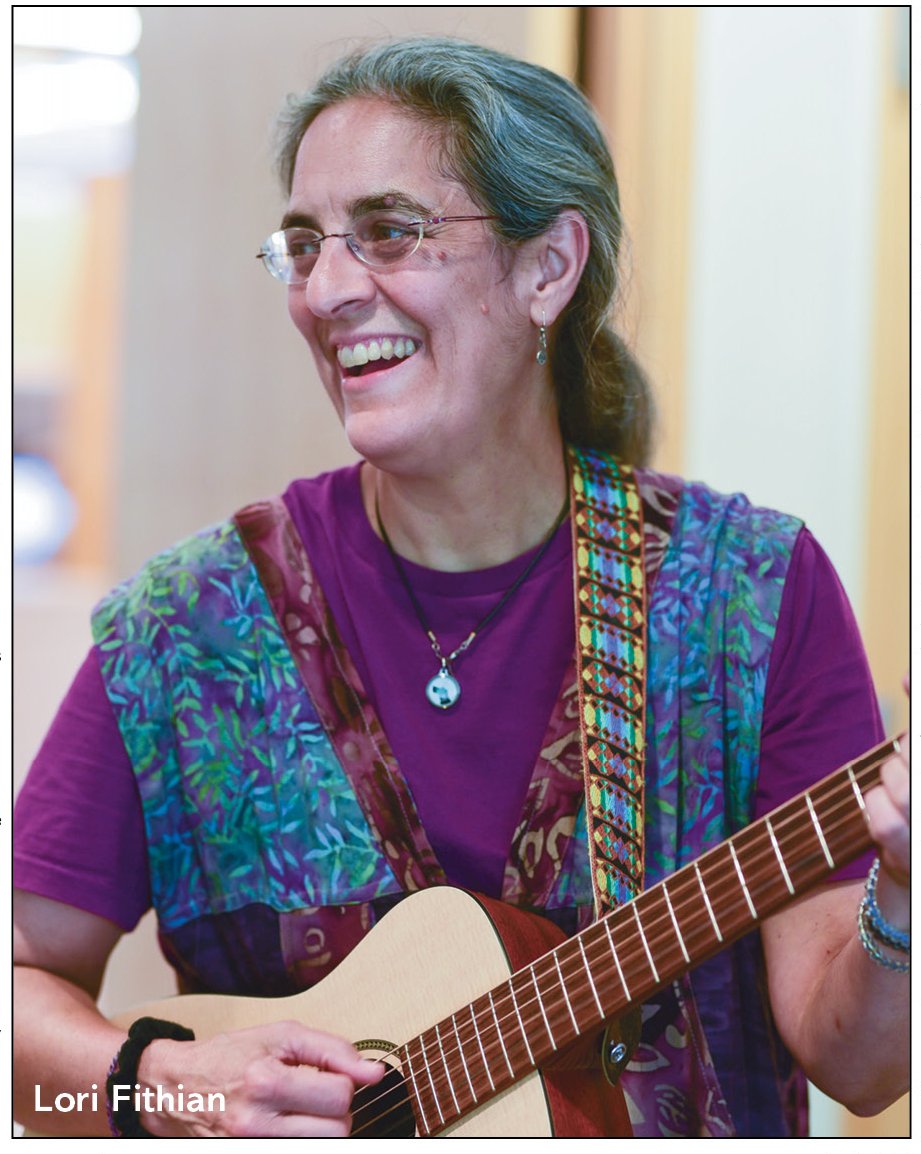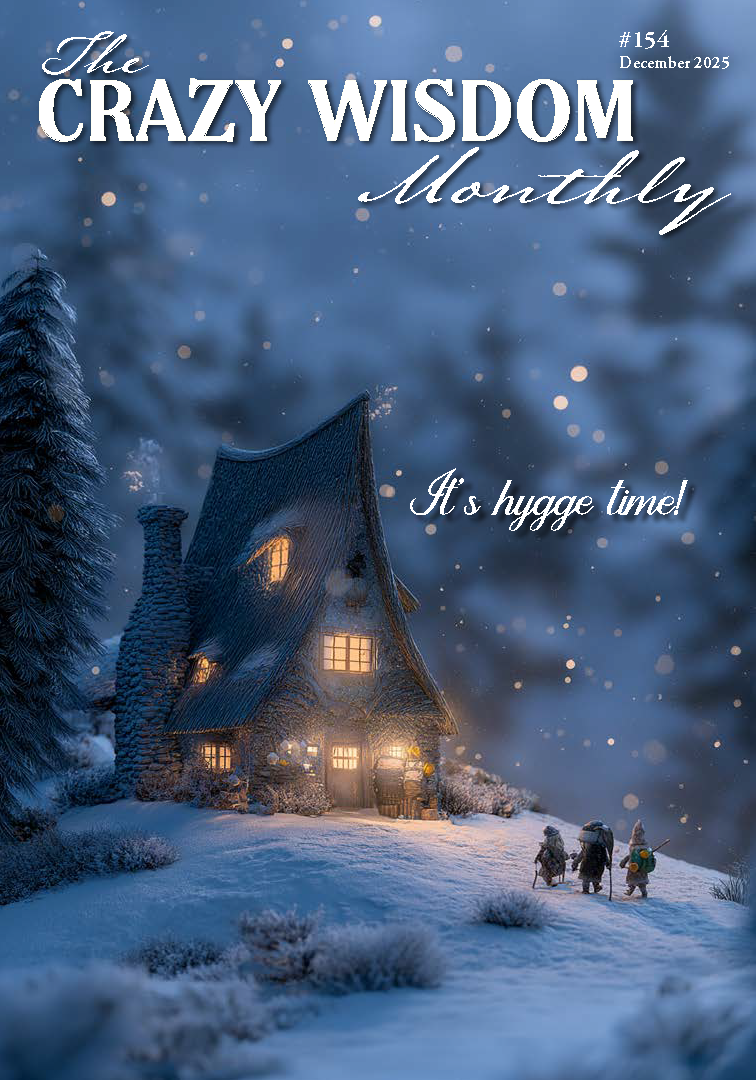By Madeline Strong Diehl
When Kathleen Wright, a beloved Ann Arbor elementary school teacher and self-confessed “bookaholic,” first heard about Little Free Libraries (LFLs) in 2014, she and her husband knew immediately that they wanted to install one outside their home on the Old West Side. “I thought it was one of the most marvelous ideas I had ever heard of,” said Kathleen.
The typical LFL is roughly the size of a large birdhouse, and it usually contains one shelf of books that are available for passersby to take away for free. The general guideline is “take a book, leave a book”—in other words, if you take away a book, you’re expected to replenish the library and leave another book you’re ready to donate. But there are no firm rules, and it’s all done on the honor system.
The LFL organization informally began in 2009 when a Wisconsin man named Tod Bol built a model of a one-room schoolhouse in tribute to his mother, a teacher who loved to read. He filled it with books and put it on a post in his front yard. Soon, he was building many more and donating them to friends, neighbors, and others who requested them. The idea gained critical mass, and by 2012, with a lot of financial and logistic support, the LFL became a nonprofit organization with more than 4,000 registered “stewards,” or volunteers who installed, curated, and maintained LFLs.
In 2014, when the Wrights got involved, it was possible to buy a library ready-made or as a kit. But they knew they wanted to build their own, so it would closely match the design and color scheme of their house. They knew they wanted two shelves—the lower one at eye level for children, and the upper for adults. “I have a husband who can build anything,” said Kathleen, “but we were surprised how long it took. By the time we sketched it out and built it, it took several weeks.” When the Wrights registered their LFL on the organization’s world map in July 2014, they were told there was only one other LFL in Ann Arbor, and it was located on the far side of town.
Read related article: Naomi’s Wilderness Adventure
Now, six and a half years later, there are more than a hundred registered LFLs in Ann Arbor, and a spokeswoman said there are probably many more. (It is up to each library “steward” to decide whether or not to register locations on the world map.) There are more than 2,100 registered LFLs mapped for the entire state of Michigan, which has the seventh highest number in the U.S. And there are more than 100,000 registered LFL book-sharing boxes in 108 countries worldwide; they can be found on every continent except Antarctica.
Kathleen Wright, who has taught in the Ann Arbor Public School District for more than twenty years, says it’s almost impossible to keep the Wright’s LFL stocked with good children’s books. “When I run low, I put the word out that I need more,” she said. Many LFLs have a reading bench nearby, and the Wrights have two—one for children and one for adults. “I love looking out my window in the summer and watching parents and kids sitting side by side and reading books together.”
Supporting literacy is a big part of the LFL’s mission; the website mentions that more than 30 million adults cannot read or write above a third-grade level. The nonprofit has various initiatives “to fill book deserts and place libraries where they can make a big impact.”
A visit to a good LFL provides an adventure even for the most discerning readers. “I have read many wonderful books and discovered authors whom I never would have come across otherwise,” said Wright.
When the pandemic hit last spring and not much was known about how Covid was transmitted, some LFLs closed out of an abundance of caution. Other stewards turned their LFLs into pantries where neighbors could donate and pick up such things as face masks, toilet paper, and food. Kathleen says she and her husband considered closing, but then decided that the pandemic was a time when people needed books more than ever. So, they put a sign on the door of their LFL that outlines what’s known and not known about Covid transmission, which includes the information that not many scientists believe that the virus can survive long on surfaces like books.
With public libraries now closed for browsing, the LFLs are the only place in town where you can look through a bunch of books and pick something out at random. My daughter Amelia came home from Chicago to shelter-in-place with us last March. She says that studying the books inside a LFL can provide insight into what people in the neighborhood are thinking about. “After a lag of a couple of months, I can find a lot of great, almost-new books about recent events like protests against police brutality and the urgent call to address climate change,” she said. “The little free libraries are like a new kind of message board that have the potential to bring the community together to discuss social issues while we can’t have these kinds of discussions in person right now,” because of social distancing.
Sometimes Amelia will come home from a walk with a book she has been wanting and hoping to read for a long time. Whenever she shows me one of these treasures, I am reminded of when she was young and presented me with dandelions as if they were the rarest of flowers. I’ve always believed good books are like medicine, so the metaphor is no stretch of the imagination—after all, botanists consider every part of a dandelion to be medicinal—leaves, stem, flower, and root. So, as small as a LFL might seem, it has an outsize influence over its environment. Or, as Todd Bol, the founder of the movement said in 2018, right before his death: “I really believe in a Little Free Library on every block and a book in every hand. I believe people can fix their neighborhoods, fix their communities, develop systems of sharing, learn from each other, and see that they have a better place on this planet to live.”
For more information about Little Free Libraries and how to build, buy, and install one, please see: www.littlefreelibrary.org.










































































































































































































The moon has a way of catching a child’s eye. It lingers above treetops, follows the car home, disappears for a few nights, then returns—quiet, steady, familiar. For parents, it’s a reminder to pause, to notice, and to reconnect with something simple yet deeply grounding: the rhythm of nature itself.